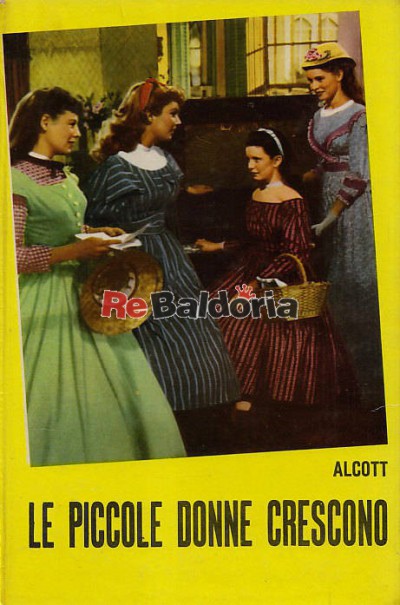

"Jo March was a very flawed, passionate character who did not always do right," Reisen says. Though many readers associate Alcott with the sweetness of Little Women, Reisen says Alcott's legacy - and Jo March's, too - is really about the empowerment of women and girls around the world. and she said, 'I love luxury, but freedom and independence better.' " "She saw the position of most married women - who she felt were marrying as an economic solution. "She saw her mother really dependent on this improvident husband," Reisen explains. "I'd rather be a free spinster and paddle my own canoe," Alcott said. Still, in many ways, Alcott was a feminist - she remained unmarried, earned money and was in control of her situation. Neary says that growing up with three sisters, Little Women wasn't just a book, it was a parallel world. Lynn Neary profiled Jo March for NPR's 2008 series In Character. He was friends with some of the most influential thinkers of his time - and yet he never managed to earn a living or take care of his family. "She suppressed the fact that she had written pulp fiction that included stories about spies and transvestites and drug takers."Īlcott grew up in an extraordinary political atmosphere, thanks to her father, Amos Bronson Alcott, who was a forward-thinking educator. "Louisa made herself a brand," Reisen tells NPR's Linda Wertheimer. Reisen says that Alcott's life experience was dark and atypical, but she marketed a more wholesome image. The film, directed by Nancy Porter, premieres Monday night on PBS' American Masters. The beloved writer's real life is the subject of a film written and produced by Reisen, Louisa May Alcott: The Woman Behind 'Little Women' - based on her book by the same name. Let's get one thing straight about Louisa May Alcott: "She's not the little woman you thought she was, and her life was no children's book," says Alcott scholar Harriet Reisen.įor many readers, Alcott is synonymous with her most famous character, Jo March, the spirited sister in Alcott's classic Little Women. The beloved writer wrote what she called "moral pap for the young" because it paid well.

Though Louisa May Alcott is often associated with the sweetness of her characters in Little Women, she was a tough woman, shaped largely by her experience growing up in poverty.


 0 kommentar(er)
0 kommentar(er)
